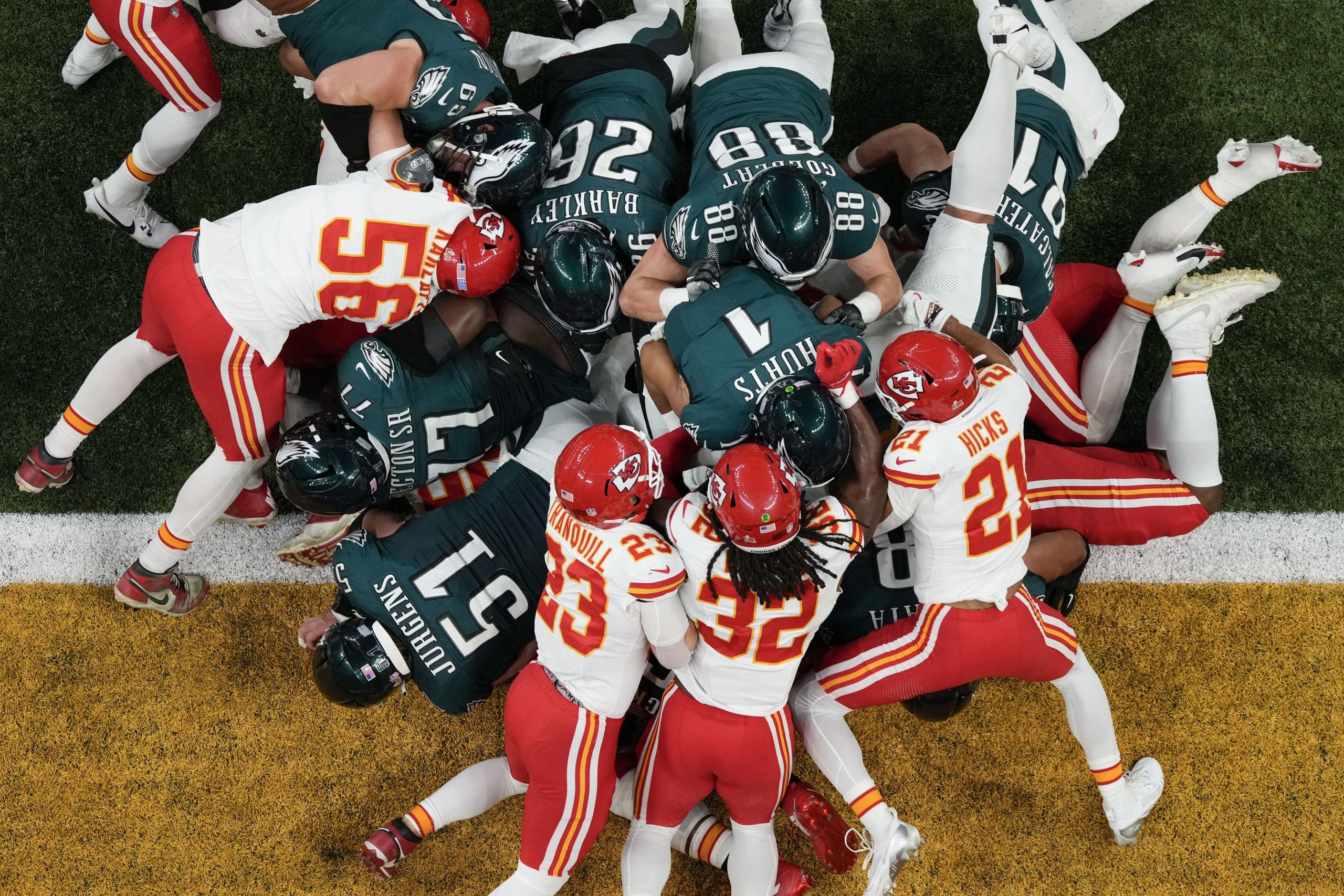The National Football League is ushering in a transformative era with a series of significant rule adjustments, most notably making the experimental kickoff rule a permanent fixture. These comprehensive changes, spanning from game dynamics to player safety protocols, are poised to redefine the spectacle of professional football, enhancing both its strategic depth and the well-being of its athletes.
The league’s one-year trial of the new kickoff format in 2024 proved largely successful, achieving its primary objectives. It dramatically boosted the rate of kickoff returns from a meager 21.8% in 2023 to a more dynamic 32.8% last season. Crucially, this innovation simultaneously curtailed the inherent dangers of what was historically the game’s most injury-prone play, particularly mitigating high-speed collisions.
A key success metric for the permanent kickoff rule lies in its impact on player welfare, with concussions on returns dropping by an impressive 43%. Furthermore, a significant reduction in lower-body injuries was observed, directly attributable to the rule’s design, which positions coverage players and blockers in close proximity, mirroring scrimmage play formations and minimizing dangerous high-velocity impacts.
Despite these improvements, the 2024 season highlighted a minor flaw: many teams still opted for touchbacks due to the insufficient penalty for kicking into the end zone. To address this, the league has introduced a subtle tweak allowing return team blockers more flexibility in their setup zone, a strategic modification designed to encourage longer and more exciting returns and reduce the number of automatic touchbacks.
Beyond the kickoff, significant revisions to overtime rules are set to add another layer of excitement and fairness to close contests. Historically, NFL overtime has evolved from sudden death in 1974 to a modified sudden death in 2010, which required an opening possession touchdown to immediately end the game, a rule that applied to both regular season and playoffs.
The 2022 playoffs saw a pivotal change, granting both teams an opportunity to score even after an opening possession touchdown. This principle now extends to the regular season, influenced by the improved field position offered by the new kickoff rules. This adjustment means more equitable opportunities for teams, potentially leading to bolder strategic decisions, such as attempting a two-point conversion for the win if time is a factor after matching an opponent’s opening touchdown.
The NFL has also expanded its replay assist system, enhancing officiating accuracy for objective calls. This system now allows officials to overturn clear and obvious errors concerning penalties such as facemask infractions, forcible contact to the head or neck area, horse-collar tackles, and tripping. Additionally, replay can now correct roughing-the-kicker or running-into-the-kicker penalty if video evidence clearly shows the defender made contact with the ball, streamlining game flow by addressing obvious mistakes without a full coach’s challenge.
Finally, the league implemented several procedural adjustments, including changes to injured reserve designations. Teams now have the flexibility to place two players on injured reserve with a designation to return when rosters are initially cut to 53 players, rather than after. Playoff-bound teams will also benefit from two additional return from IR designations, providing more roster management options throughout the grueling season.






Leave a Reply